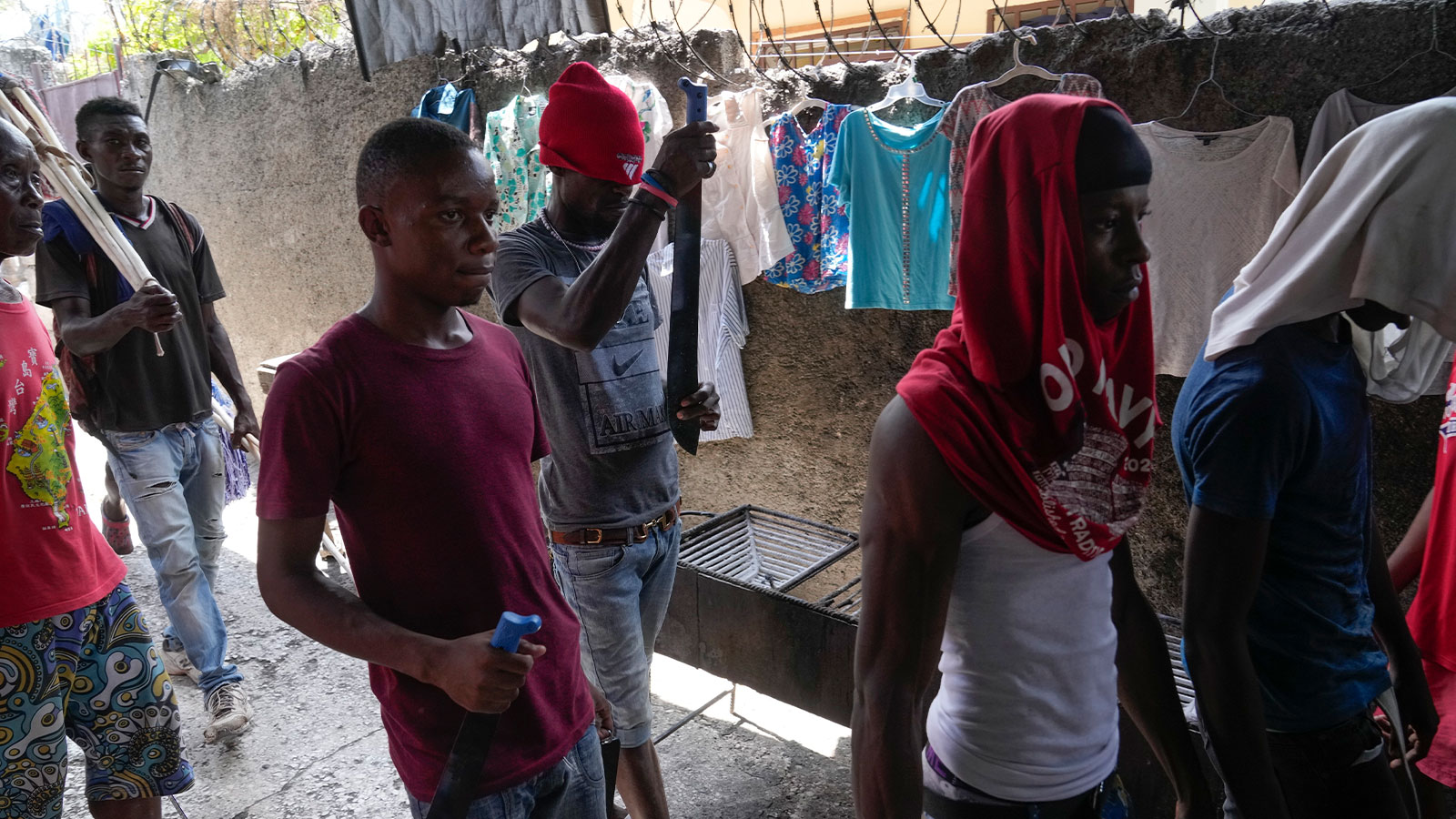A key international aid organization is slashing its food assistance program in Haiti, leaving 100,000 people without food aid they had previously counted on.
The United Nations World Food Programme (WFP) announced Monday that budget shortfalls forced the cuts, even as conditions in Haiti continue to deteriorate.
According to WFP, 4.9 million Haitians – out of a population of 11.4 million – don’t have enough to eat, and 750,000 are in dire need of food assistance.
The WFP’s operation in Haiti is 16 percent funded, according to the organization, making it all but impossible to reach its target of providing food aid to 2.3 million people.
“Needs are peaking and Haiti is experiencing a brush with famine. What we need to be doing is not cut back but provide more assistance,” said Jean-Martin Bauer, WFP Country Director for Haiti, according to The Guardian.
To fulfill its mission in Haiti in 2023, the WFP “urgently requires US$121 million.”
Ambassador Dan Foote, the Biden administration’s former special envoy for Haiti, slammed the WFP over its announcement.
“If the World Food Programme cannot provide nutritional support to Haitians in their country’s current, deplorable situation, why does it even exist? The international community is largely responsible for Haiti’s catastrophe, yet the whites aren’t helping Haitians in their time of absolute need,” said Foote.
“If WFP needs leadership that’s unafraid to do the right thing, they can call me,” added Foote, who in 2021 resigned his post over the Biden administration’s deportations to Haiti.
Foote and Haitian advocates have also been sharply critical of the administration’s continued support of Ariel Henry, the country’s acting president and prime minister.
Secretary of State Antony Blinken earlier this month said the United States has given nearly $100 million in security assistance to Henry’s government since 2021.
“Going forward, we’re also focused on humanitarian assistance, providing significant sums to, again, try to help the Haitian people in a time of need,” Blinken told Henry at a meeting earlier this month in Trinidad and Tobago.
“The bottom line is that it’s imperative, I think, for the international community to come together in support of Haiti, in support of efforts to build genuinely inclusive, consensus-based governance; in support of efforts to build security forces that ensure that the state has a monopoly on the use of force and provide security for the Haitian people; and comes together to make sure that the Haitian people have a real chance, a real opportunity to move their country forward,” added Blinken.
Less than two weeks after that meeting, the aid cuts were announced by the WFP, which is primarily funded by donations from member governments, including the United States.
“These cuts could not come at a worse time, as Haitians face a multi-layered humanitarian crisis, their lives and livelihoods upended by violence, insecurity, economic turmoil and climate shocks. Unless we receive immediate funding, further devastating cuts cannot be ruled out,“ said Bauer.
Source: The Hill
Featured image: Men with machetes, part of “Bwa Kale,” an initiative to resist gangs from getting control of their neighborhood, walk in the Delma district of Port-au-Prince, Haiti, Sunday, May 28, 2023. (AP Photo/Ariana Cubillos)















